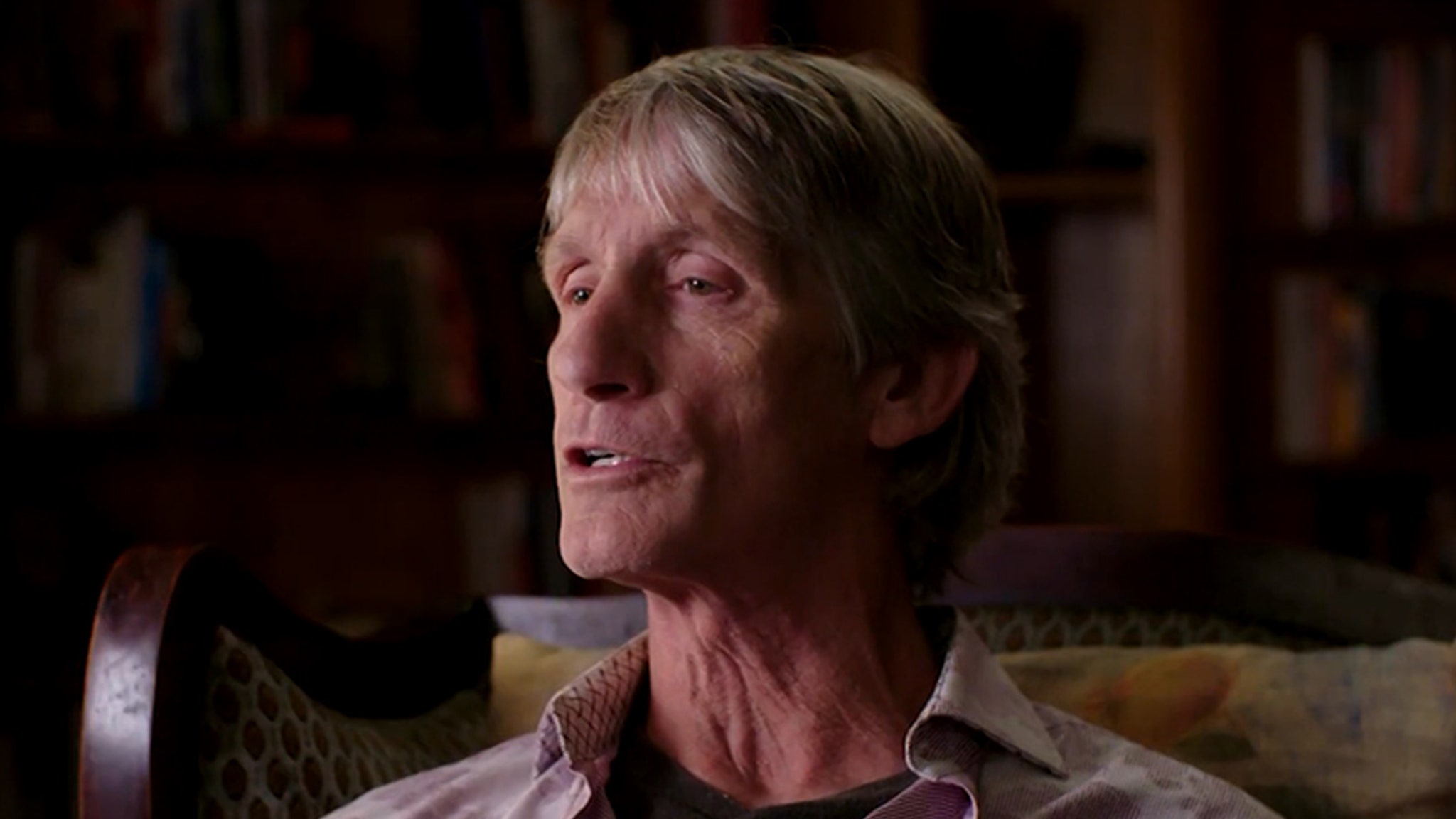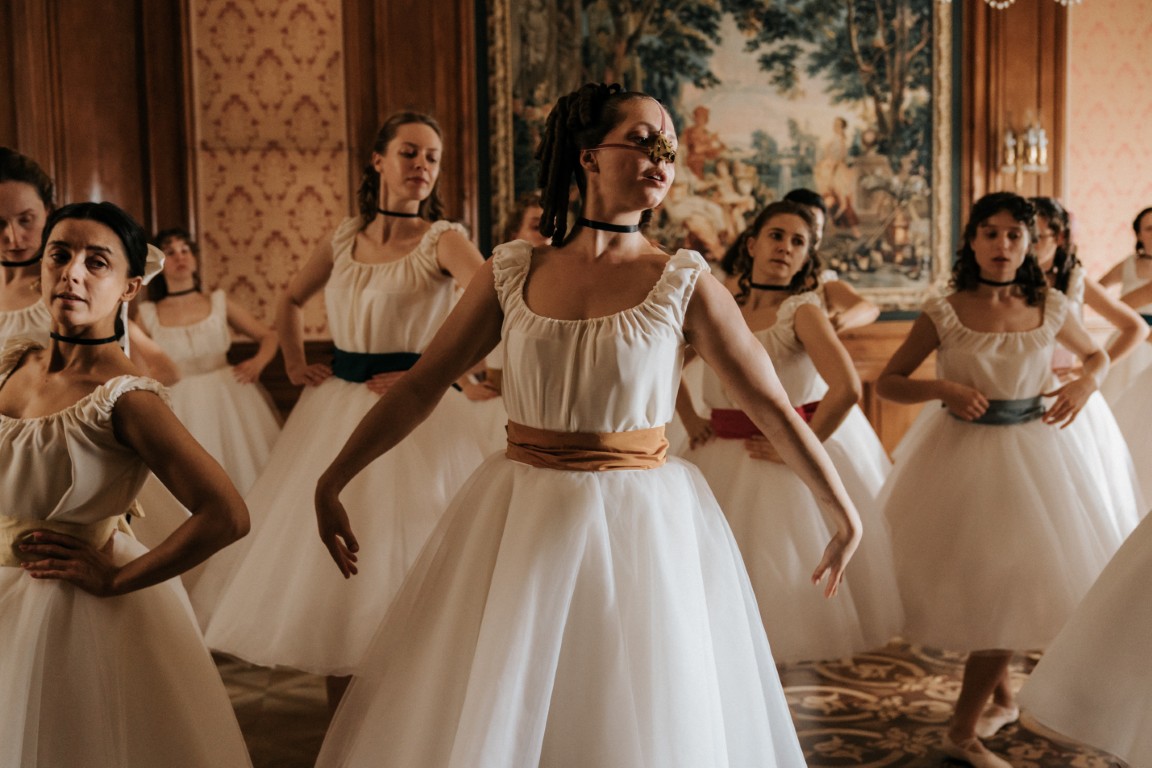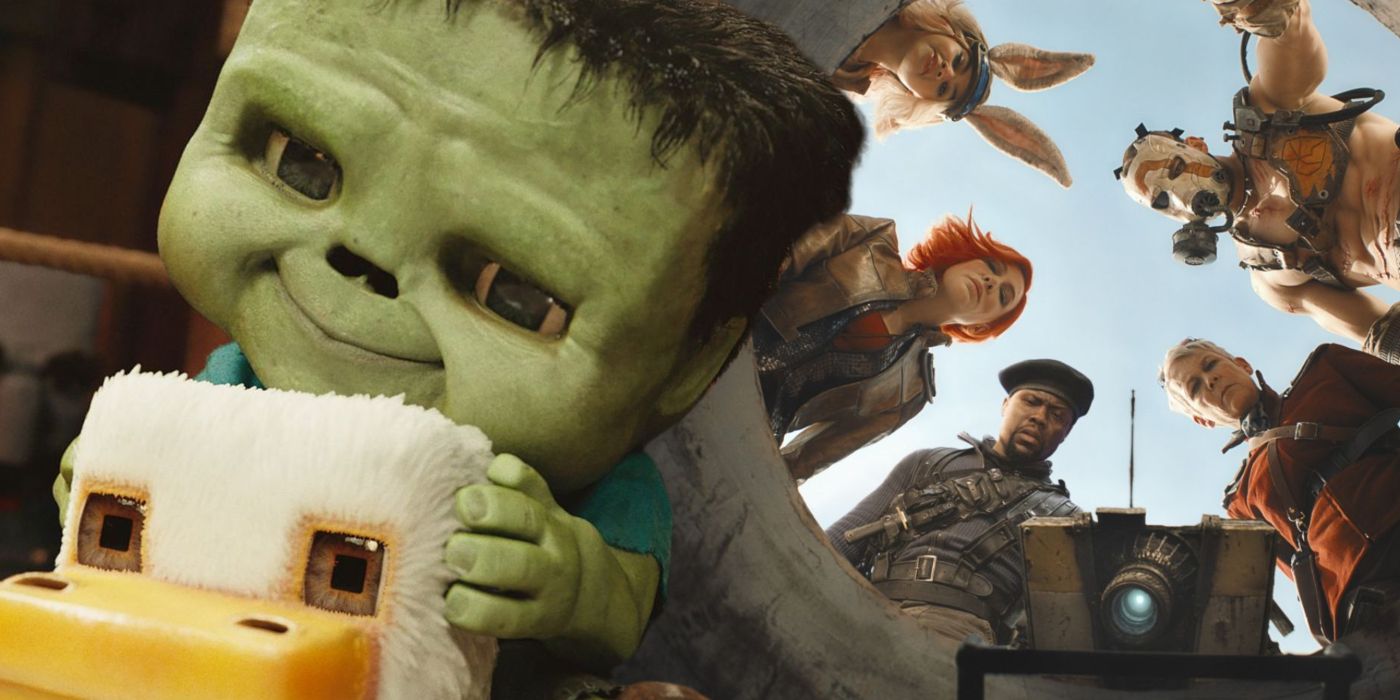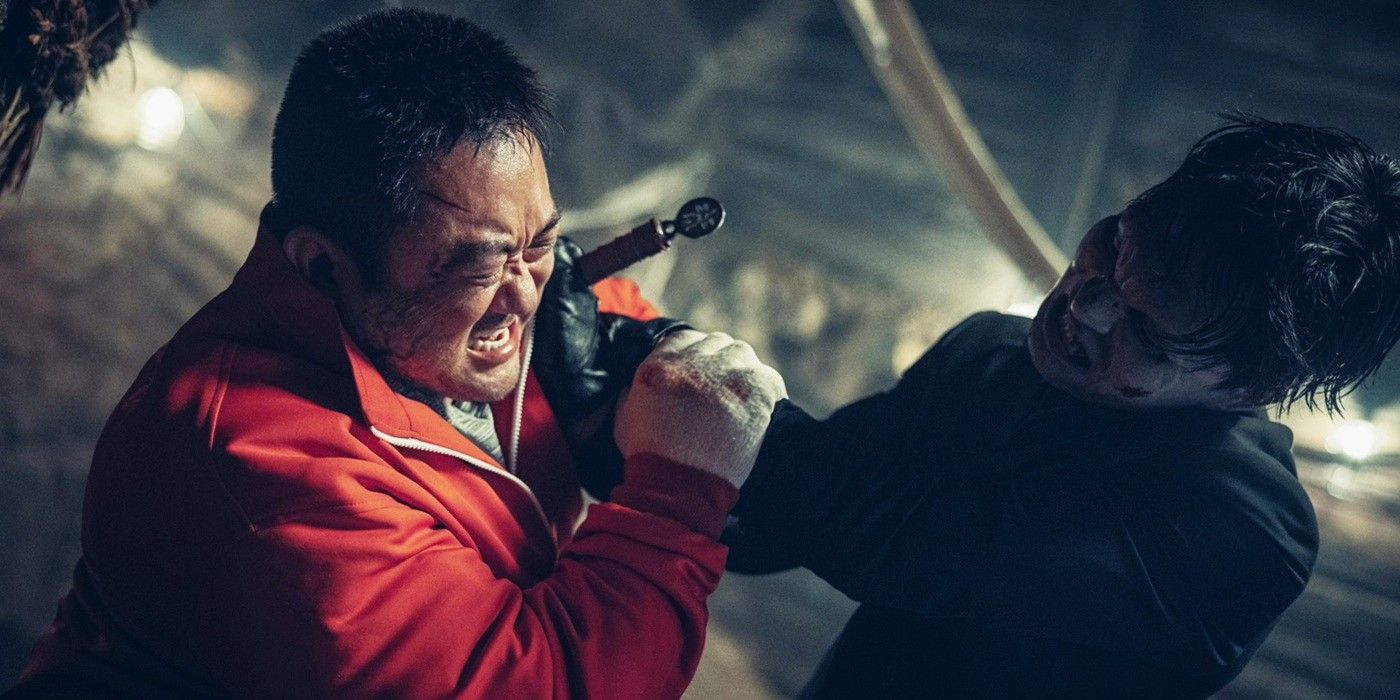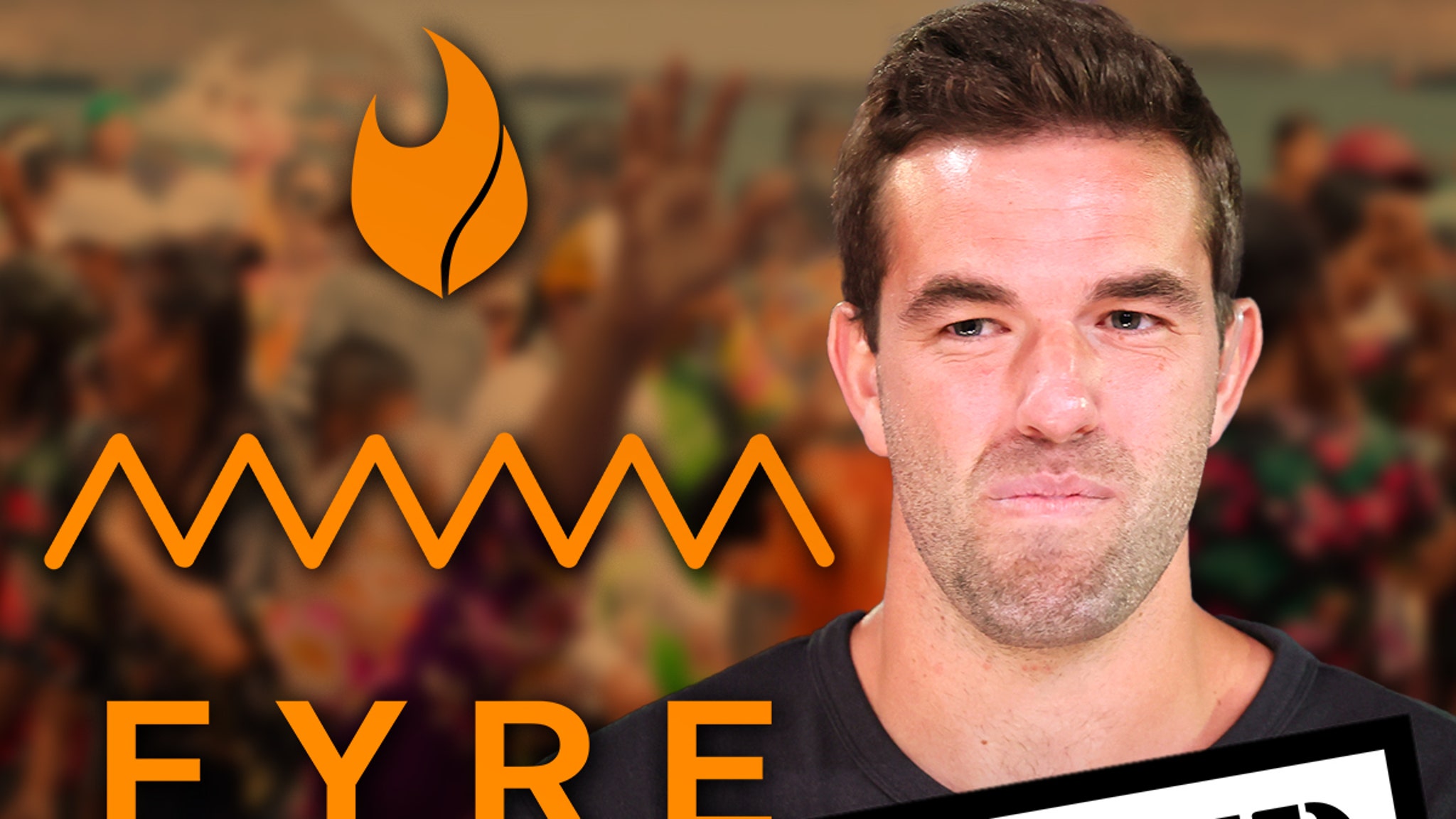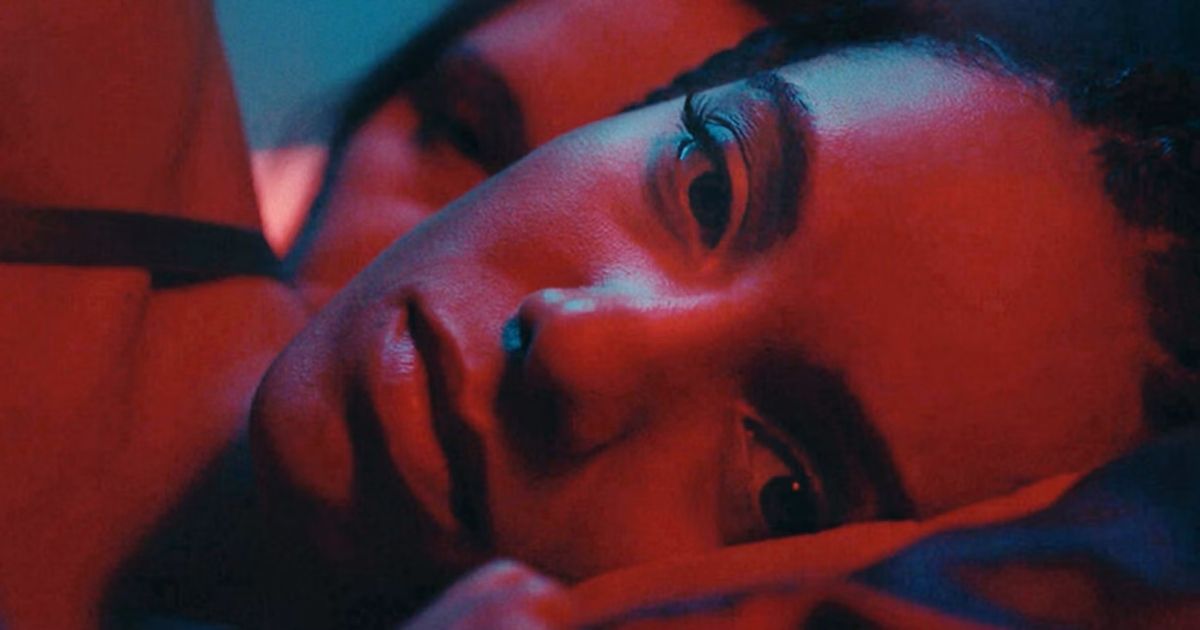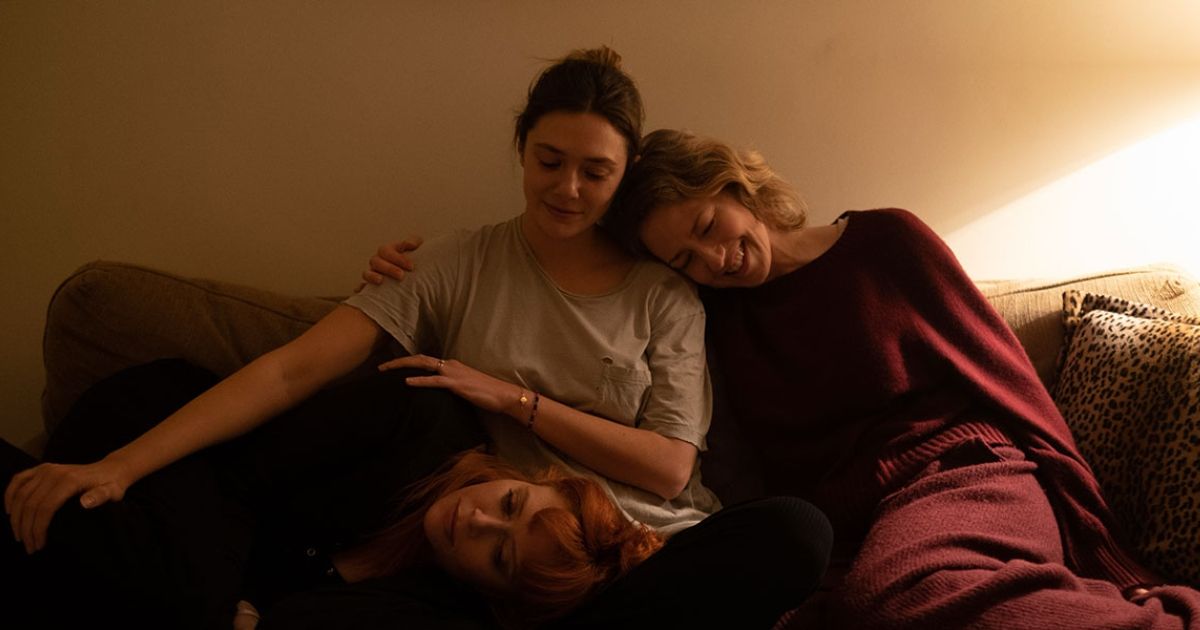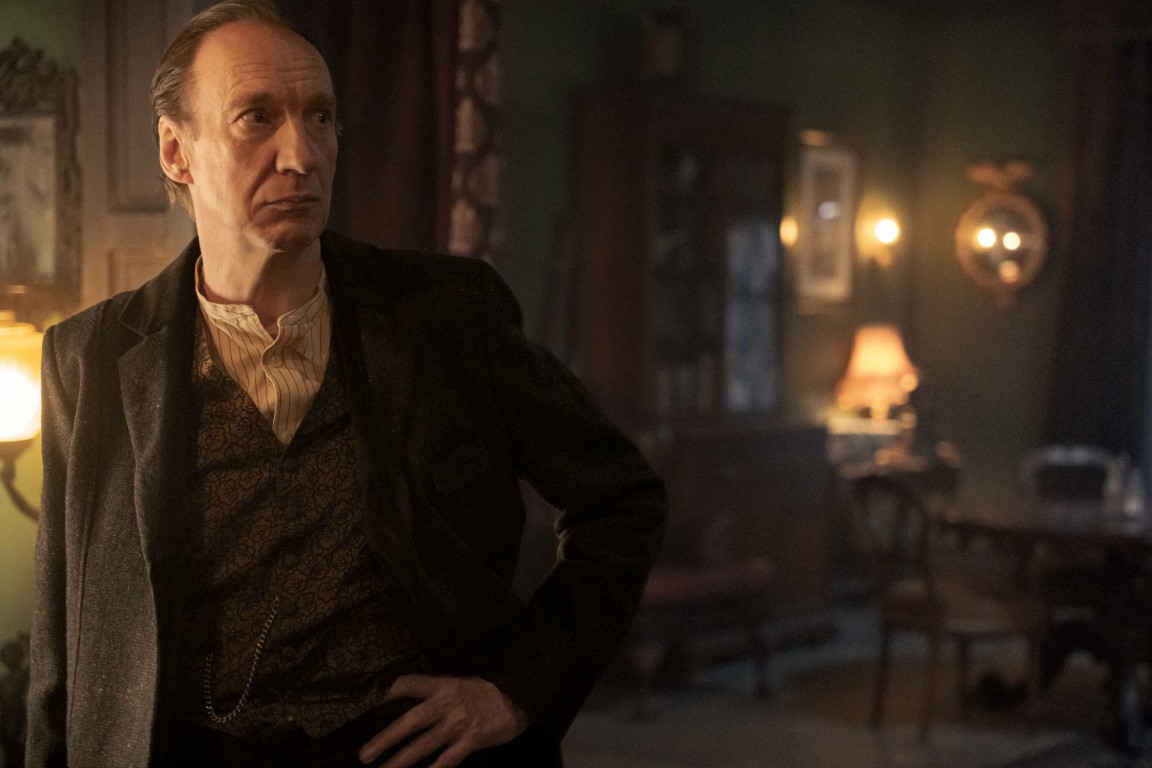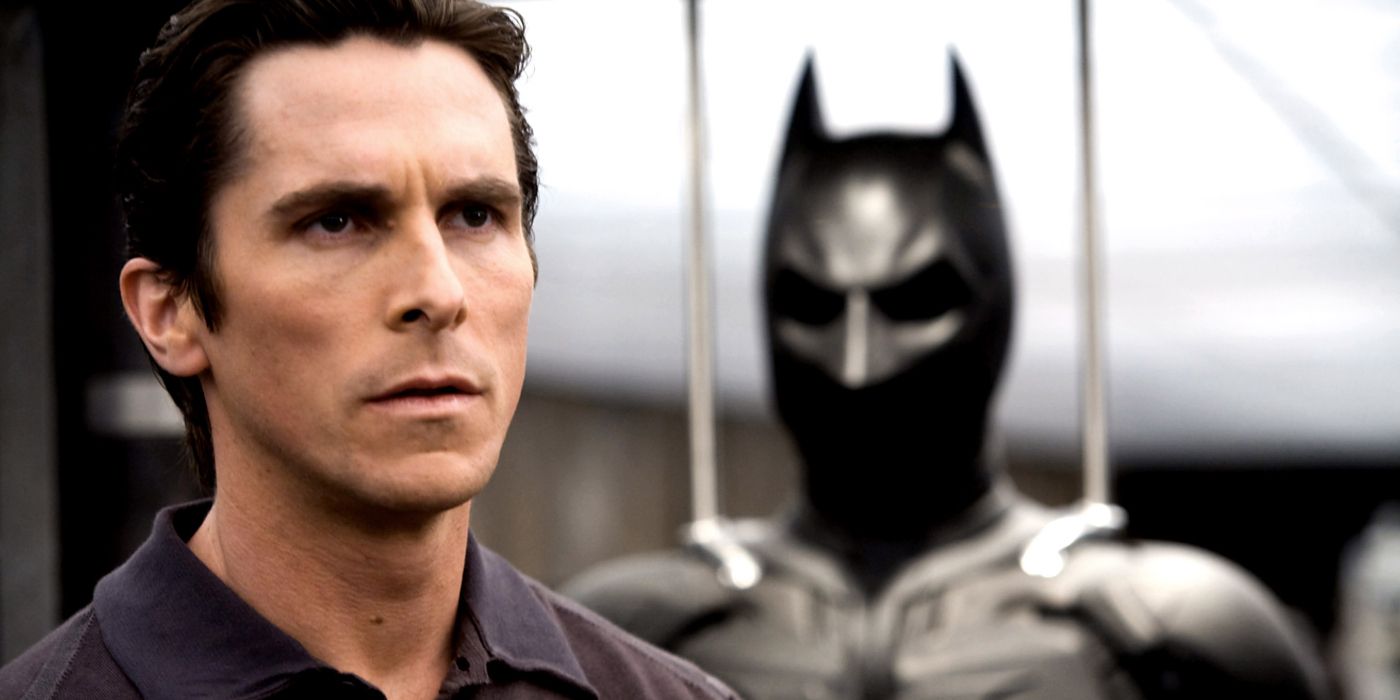The best of the bunch is the latest from someone who deserves his own chapter in any book about the history of Sundance, the masterful Steven Soderbergh. Thirty-five years ago, Soderbergh brough “sex, lies, and videotape” to Sundance on its way to winning the Palme d’Or at Cannes and forever impacting the independent filmmaking scene. It’s so inspiring that Soderbergh is still here making movies the way he wants to make them, playing with form in fresh and exciting ways, reminding us that he is one of film’s more remarkable storytellers.
Like so many of his films, “Presence” is deceptive. It’s a relatively easy film to summarize, and looks like a relatively easy one to make, but there is so much going on under the surface of this clever genre flick that I’ve been rolling it around in my head since it ended. One could almost say it has a cinematic presence of its own. (I’m trying to avoid calling it haunting but it’s tough.)
Yes, Soderbergh has made a ghost story, told from the perspective of the ghost. It’s a first-entity POV film about something that lives in a suburban home that’s about to be occupied by a troubled family. Shot by Soderbergh himself, of course, “Presence” is almost like a series of short films as the presence moves through the house, witnessing events in the life of its new residents with sharp cuts to black between these episodes. We witness mother Rebekah (Lucy Liu), father Chris (Chris Sullivan), and teen kids Chloe (a phenomenal Callina Liang) and Tyler (Eddy Maday) as they move in. Through these snippets of daily life, we learn that Chloe is grieving the recent overdose loss of a close friend, Rebekah is facing some unclear legal trouble, Chris is thinking about separating from her, and Tyler is kind of a cocky jerk. Only Chloe, perhaps because she’s so close to the reality of death with her friend’s passing, can see the presence, which starts interacting with her in unexpected ways.
David Koepp’s clever script for “Presence” never forgets that it’s a ghost story, but there’s a lot going on in this house outside of it being haunted. It’s another one of those films that suggests explicitly that there are far more dangerous things in this world that are corporeal than supernatural, and it’s a film that supports multiple readings of its title. Chris is considering not being “present” for his wife, who herself isn’t really present for her daughter. And there’s a subtext that we all need to be more present for an entire generation of troubled teenagers to fully understand the danger they’re in.
You can view the original article HERE.
